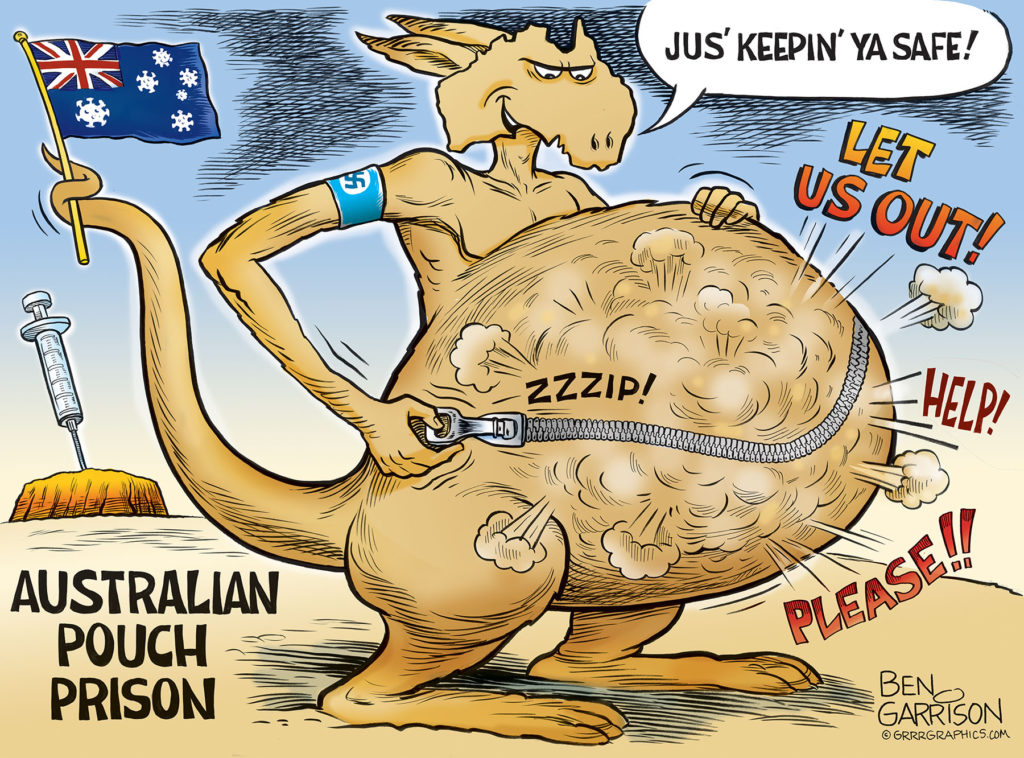It's basically what you'd expect.
One of the more revealing – and darkly amusing – features was the phone's automatic censorship of words deemed problematic by the state. For instance, when users typed oppa, a South Korean term used to refer to an older brother or a boyfriend, the phone automatically replaced it with comrade. A warning would then appear, admonishing the user that oppa could only refer to an older sibling.
I can't figure out what they're claiming here. It replaces "oppa" with 'comrade' like in English? Or the Korean word for 'comrade'? And why would it admonish you for an autocorrection it made on its own? This is nonsensical.
Typing "South Korea" would trigger another change. The phrase was automatically replaced with "puppet state," reflecting the language used in official North Korean rhetoric.
lmao
Then came the more unsettling features. The phone silently captured a screenshot every five minutes, storing the images in a hidden folder that users couldn't access. According to the BBC, authorities could later review these images to monitor the user's activity.
Damn that's a wild claim, wonder where it came from?
The device was smuggled out of North Korea by Daily NK, a Seoul-based media outlet specializing in North Korean affairs.
Who wants to guess where Daily NK gets their funding?
One of our biggest donors is the US-based National Endowment for Democracy (NED) and information about NED grants Daily NK has received can be found here.

Experts say this technology is designed not only to control information but also to reinforce state messaging at the most personal level.
Our noble "protecting free speech," their dastardly reinforcing state messaging.
Also, "experts"? Which experts? And in what field? Who even knows.
The regime has reportedly intensified efforts to eliminate South Korean cultural influence, which it views as subversive. So-called "youth crackdown squads" have been deployed to enforce these rules, frequently stopping young people on the streets to inspect their phones and review text messages for banned language.
"""reportedly""" 
Some North Korean escapees have shared that exposure to South Korean dramas or foreign radio broadcasts played a key role in their decision to flee the country. Despite the risks, outside media continues to be smuggled in – often via USB sticks and memory cards hidden in food shipments. Much of this effort is supported by foreign organizations.
"Some North Korean escapees" apparently none who have names or positions, because none were found in this article.














My entire life